I know that Europe's wonderful, yet something seems to lack; the past is too much with her, and the people looking back
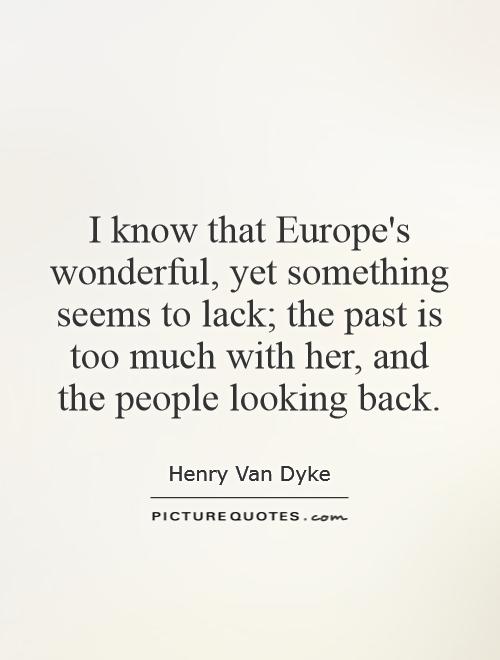
I know that Europe's wonderful, yet something seems to lack; the past is too much with her, and the people looking back
Henry Van Dyke, a renowned American author and clergyman, captured the essence of Europe's allure and its potential downfall in his poignant words, "I know that Europe's wonderful, yet something seems to lack; the past is too much with her, and the people looking back." This sentiment reflects the dichotomy of Europe's rich history and cultural heritage, which simultaneously serves as a source of pride and a burden for its inhabitants.Europe's history is undeniably fascinating and complex, with centuries of artistic, intellectual, and political achievements that have shaped the world as we know it today. From the Renaissance to the Enlightenment, from the Industrial Revolution to the World Wars, Europe has been at the forefront of global progress and innovation. Its cities are filled with architectural marvels, museums brimming with priceless artifacts, and streets steeped in the stories of the past.
However, this deep connection to history can also be a double-edged sword for Europeans. The weight of tradition and the pressure to live up to the achievements of their ancestors can create a sense of stagnation and nostalgia that hinders progress and innovation. The constant gaze towards the past can prevent Europeans from fully embracing the present and looking towards the future with optimism and ambition.
Van Dyke's words also hint at a sense of longing and dissatisfaction that can arise from living in the shadow of the past. While Europe's history is undeniably impressive, it can also be overwhelming and suffocating for those who feel trapped by its expectations and constraints. The pressure to preserve and uphold tradition can stifle individual creativity and diversity, leading to a sense of cultural homogeneity and conformity.
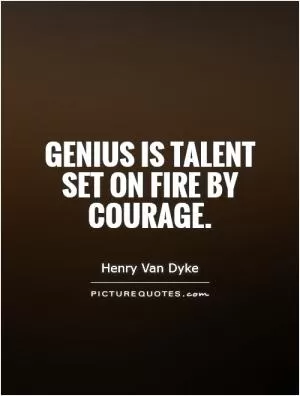
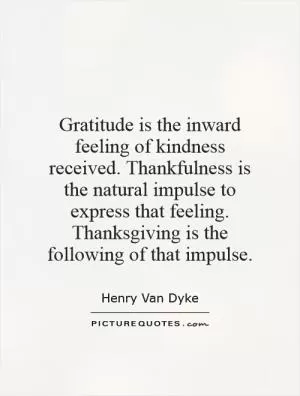
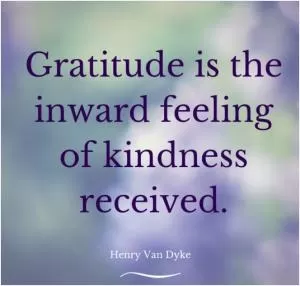
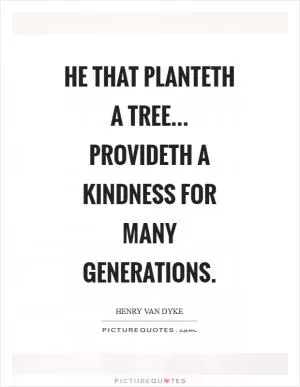
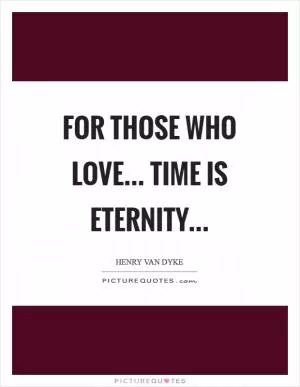

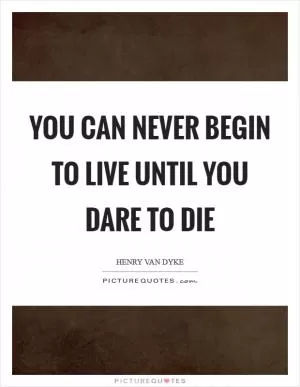
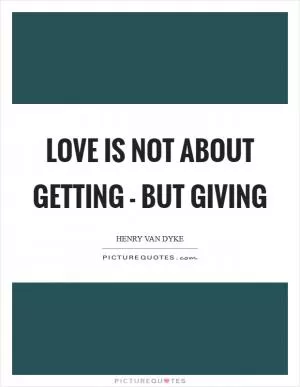
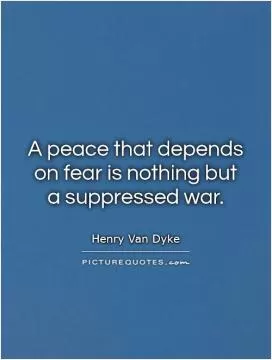
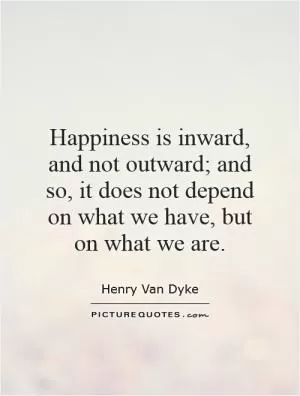

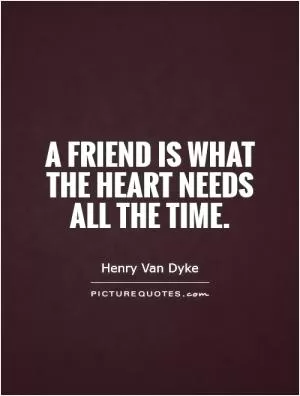
 Friendship Quotes
Friendship Quotes Love Quotes
Love Quotes Life Quotes
Life Quotes Funny Quotes
Funny Quotes Motivational Quotes
Motivational Quotes Inspirational Quotes
Inspirational Quotes